 With the Queen’s Jubilee, the Olympics and Andy Murray winning at SW1 Wimbledon (again) it seems Britain is still riding a wave of optimism with the birth of a male heir to the throne; the Prince of Cambridge. The baby was delivered on 22 July 2013 at St Mary’s Hospital in Paddington, west London, weighing 8lb 6oz. The document said: “Her Royal Highness, the Duchess of Cambridge was safely delivered of a son at 4.24pm today. He and the duchess will remain in the hospital overnight. A bulletin signed by the Queen’s gynaecologist Marcus Setchell, who led the medical team that delivered the baby – was taken by a royal aide from St Mary’s to the palace under police escort.
With the Queen’s Jubilee, the Olympics and Andy Murray winning at SW1 Wimbledon (again) it seems Britain is still riding a wave of optimism with the birth of a male heir to the throne; the Prince of Cambridge. The baby was delivered on 22 July 2013 at St Mary’s Hospital in Paddington, west London, weighing 8lb 6oz. The document said: “Her Royal Highness, the Duchess of Cambridge was safely delivered of a son at 4.24pm today. He and the duchess will remain in the hospital overnight. A bulletin signed by the Queen’s gynaecologist Marcus Setchell, who led the medical team that delivered the baby – was taken by a royal aide from St Mary’s to the palace under police escort.
The implications are wide -reaching, in multi-cultural Britain the royal baby is unusual for London in having a mother originally from the UK and most babies delivered in the capital these days (57%) are to mothers born overseas and nearly half of all babies (48%) are born outwith marriage. With midwifery cuts and the further medicalisation of birth where the “cascade of interventions” often occurs when birth is induced. For instance, in the USA which spends more money on healthcare than any country in the world and yet the maternal mortality rate is among the highest of any industrialised country.
And on July 19, 2013, the USA the House State-Foreign Operations Appropriations Subcommittee today approved a steep cutback in international family planning assistance for fiscal year 2014. Rejecting President’s Obama’s 2014 budget request of $635.4 million, the Subcommittee capped appropriations for international family planning and reproductive health programs at $461 million, $174 million less than the President’s request, and $137 million (23% below the current funding level). The cuts, if approved by the full Congress, would have a devastating impact: Several million women in the developing world would lose access to contraceptives services, resulting in more unplanned pregnancies and deaths from unsafe abortions. Each pregnancy multiplies a woman’s chance of dying from complications of pregnancy or childbirth. Maternal mortality rates are particularly high for young and poor women, those who have least access to contraceptive services. It is estimated that one in three deaths related to pregnancy and childbirth could be avoided if all women had access to contraceptive services.
Not so lucky, therefore, are Kate’s counterparts in the South – Frightening statistics include that daily, approximately 800 women die from preventable causes related to pregnancy and childbirth. In our study site, Nepal every year, 4,500 Nepali women die in childbirth due to lack of medical care. In low-income countries, most maternal deaths are avoidable, as the health-care solutions to prevent or manage complications are well known. All women need is access to antenatal care in pregnancy, skilled care during childbirth, and care and support in the weeks after childbirth.
To make every birth worldwide as joyful an event as the royal birth in London we need is: a) more and better midwifery services; and b) improved access to care for pregnant women globally.
Sheetal Sharma is a HSC PhD student and currently a visiting researcher in Barcelona, supervised by Dr. Elisa Sicuri at CRESIB on an evaluation of a health promotion programme in rural Nepal aiming to improve access to care; in which socio-economic and cultural barriers exist.
Thanks to Edwin & Elisa for their input in this piece.
References:
http://www.populationinstitute.org/newsroom/press/view/57/
http://midwifeinternational.org/how-to-become-midwife/business-of-baby/
http://www.bbc.co.uk/news/uk-23408377
http://www.unfpa.org/public/home/mothers/pid/4382
http://www.bbc.co.uk/news/uk-23403391
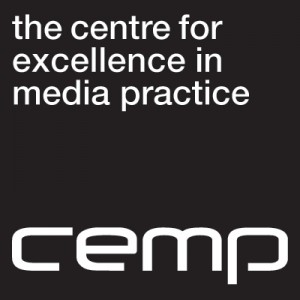

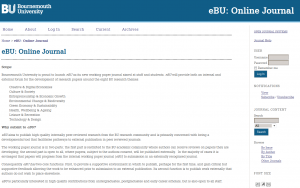

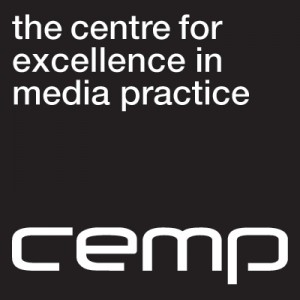
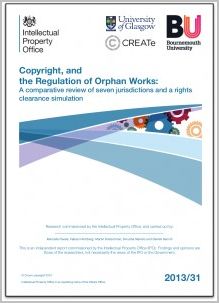


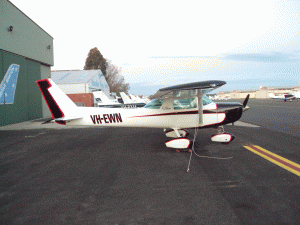
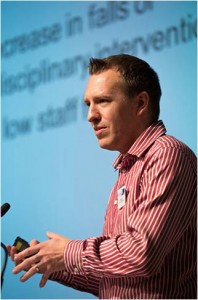













 Beyond Academia: Exploring Career Options for Early Career Researchers – Online Workshop
Beyond Academia: Exploring Career Options for Early Career Researchers – Online Workshop UKCGE Recognised Research Supervision Programme: Deadline Approaching
UKCGE Recognised Research Supervision Programme: Deadline Approaching SPROUT: From Sustainable Research to Sustainable Research Lives
SPROUT: From Sustainable Research to Sustainable Research Lives BRIAN upgrade and new look
BRIAN upgrade and new look Seeing the fruits of your labour in Bangladesh
Seeing the fruits of your labour in Bangladesh ECR Funding Open Call: Research Culture & Community Grant – Apply now
ECR Funding Open Call: Research Culture & Community Grant – Apply now ECR Funding Open Call: Research Culture & Community Grant – Application Deadline Friday 12 December
ECR Funding Open Call: Research Culture & Community Grant – Application Deadline Friday 12 December MSCA Postdoctoral Fellowships 2025 Call
MSCA Postdoctoral Fellowships 2025 Call ERC Advanced Grant 2025 Webinar
ERC Advanced Grant 2025 Webinar Update on UKRO services
Update on UKRO services European research project exploring use of ‘virtual twins’ to better manage metabolic associated fatty liver disease
European research project exploring use of ‘virtual twins’ to better manage metabolic associated fatty liver disease